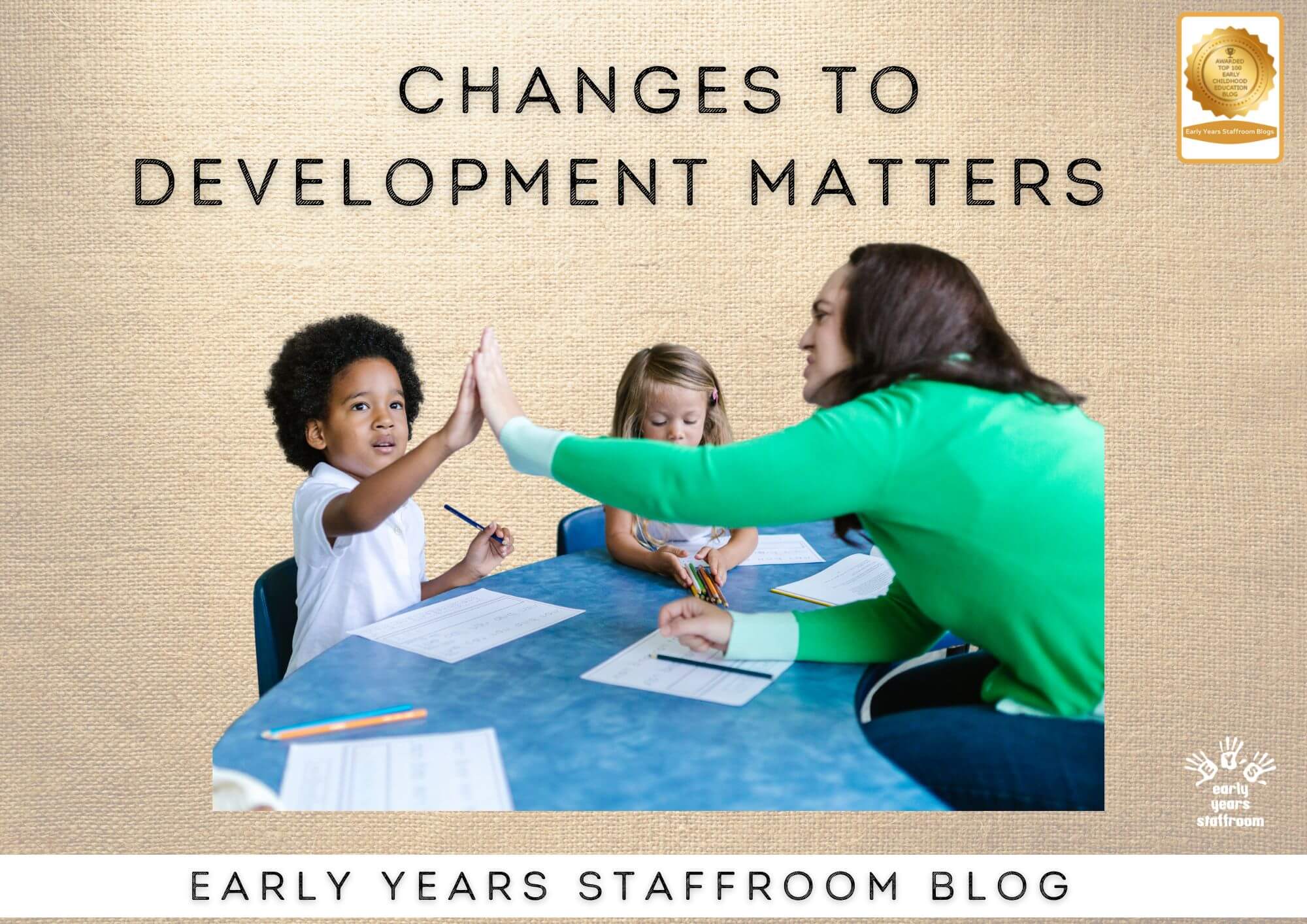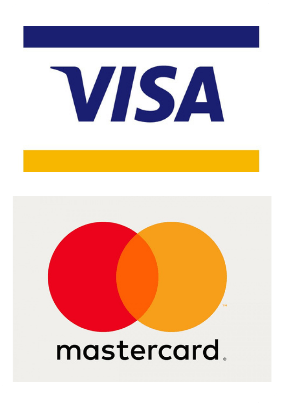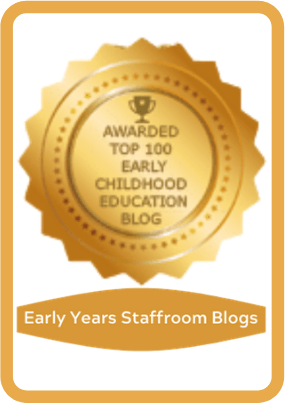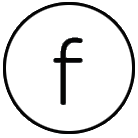I have seen some myths and confusion around development matters so I conducted my own research to find out the facts and share them with everyone working in Early Years. I won’t go into the aspects of the 7 areas of learning that have changed as they are easy to see, but rather at the moment, I am going to have a look at how the development matters was designed to be used and why which I hope is more useful.
According to Julian Grenier, the reason the new development matters was rewritten was to support communication better, he said there is a real need for practitioners to be with the children more, playing, chatting, reading books, not doing unnecessary paperwork. Another key objective was making sure that all children access the curriculum and children who have not had the best start are still able to thrive. It is in early years that there is the real opportunity to close the gap.
Development matters was written by an advisory panel of 11 Early Years Professionals and 200 practitioners of various roles provided feedback online through focus group discussions. Development matters is and always has been non-statutory.
Planning and Teaching:
Julian Grenier suggests a ‘progress model approach’ which seems similar to Alistair Bryce Clegg’s skills-based learning approach where for example, you start off your reception year in art with basic levels of equipment and as the year goes on you want them to develop their skills, so you will scaffold children during play to explore and colour mixing, for example, noticing a colour to make for a purpose. As the year goes on you might add different more complex tools, try mixing your own powder paints etc. So, you have that progress model as the year goes on which can be developed for every area. In the big picture all the time we are scaffolding children, guiding, and supporting making sure all children are accessing all the opportunities so that we know children are making progress, they are secure in their learning. What you are checking is which children are capable and which children need more help to access all the resources and make progress. At the end of the day, we want all children to make progress it is not about having three next steps for each child. Development matters sits in the background to help you map out your curriculum, it is there to guide you, not to tick off when complete. Early Years practitioners have the judgement to take what’s important from this, development matters is a guidance not prescription.
If schools all follow a ‘prescription’ like the old development matters they will lend themselves to be being back to where they were before, ticking goals off for each child. We need to take this opportunity to rethink Early Years and how we teach, we are being given back the respect we deserve to know that we will provide what is best for children without having to prove how much and when progress is made continuously.
There is no suggested approach to planning for the new development matters. However, Julian Grenier states if we entirely go with children’s interests, they will repeat the same things over and over. Numbers and learning to count are skills and concepts that children need, and he suggests that is not possible for children to learn this only through in the moment planning. Adult led teaching of phonics and maths will be needed as well as story time and some circle times. I have created a suggested timetable for Reception as follows:
Suggested Timetable:
There are ‘observation checkpoints’ in the new EYFS which we have made into a grid, these are there as a guide to give a few key milestones and if perhaps they need more support. This document is deliberately different from the current development matters because many have inadvertently used it as a checklist. Children have been banded into levels which is really problematic if we think carefully about inclusive practice and SEND. We need to move away from levels, we need to be productive and ask ourselves simply what is this child good at? What are their strengths and what are the barriers? How can we help them overcome the barriers? EAL is an advantage not a disadvantage, these children’s strengths are their home language they just have a lack of experience with English language, but they are fantastic learners. With SEND we need to ask what barriers are? How can we overcome them? think hard about helping every child access what you are offering and make sure what you are offering is great, don’t think about age bands or grouping children into boxes they don’t help us to give children the support they need to thrive.
Assessment:
Julian Grenier states; “There should be a focus on care, pedagogy and curriculum” in terms of assessment. You look at the progress children are making against key milestones that you have in your curriculum. If a child is struggling, you can use diagnostic assessment as well as your professional judgement. The ELGs are there to use at the end of the year, not through the year. They can support discussions with parents and transition into year 1. Tracking and checklists through the year take too much time and are too complicated. If you look at the early years fresh, think it through again. We need to rethink our approach and decide how we are going to do this for ourselves. How do you show progress? You may ask, but why do you need to show progress every half term? Who is it benefiting? The time it takes to do this is detracting from the actual important aspect, adult and child interactions, teaching and learning. All you need to know is are all children achieving. There isn’t a way of predicting which children are on track or not on track for the end of the year at the start or even during. We don’t want to focus the start of reception year on the ELGs, they are an indicator to be used at the end of the year only.
The best advice is to build your own curriculum based on your own children’s needs, we have created our own curriculum here which is editable which includes a focus on well-being, community and sustainability. Some key questions would be; What are the overall aims, values and approach of the setting or school? How will the curriculum be suitable for the children, their families, and the local community? How will the curriculum be ambitious for every child? Julian Grenier states that we need to think about what is next for the child, how can we help children today but also prepare for tomorrow? Development matters should be used just to check your own curriculum is broad enough, practitioners need to think about your own children, the level of detail in development matters isn’t always enough if you have concerns, in that situation, you talk to parents, then turn to a document relating to the area of need for example, universally speaking, which is a free guide to communication and gives a lot more detail. Practitioners need to make sure they have the right tool for the job. Development matters are to there to inform your curriculum. Depending where you are you will adapt your curriculum for example in London, towns etc. a focus on forest school would be preferable.
It is important to continuously improve. If the curriculum we create is not suitable for all children, then it needs to be adjusted, we need flexibility.
We welcome any comments on this blog please email admin@earlyyearsstaffroom.com
References:
Grenier (2020) Working with the revised Early Years Foundation Stage: Principles into Practice. Available here:












